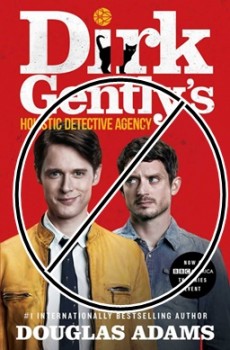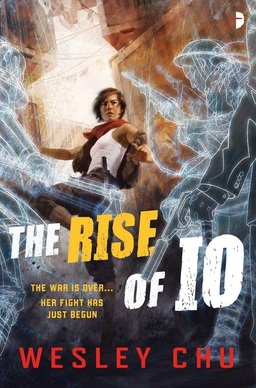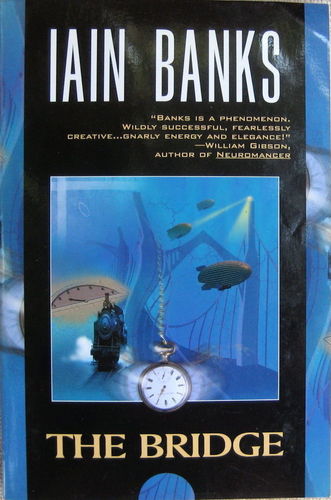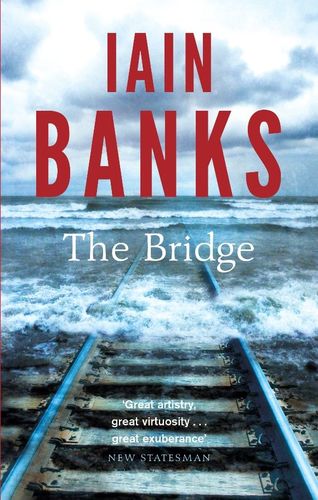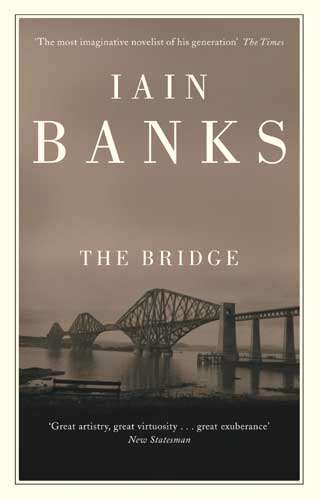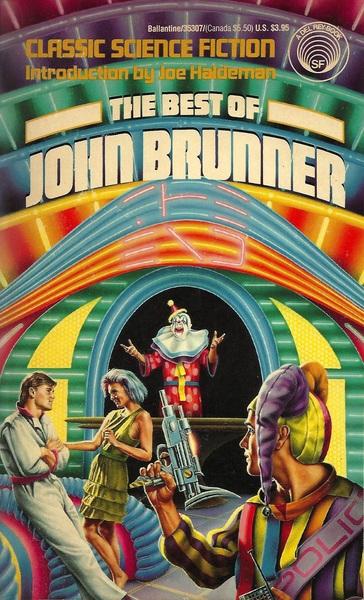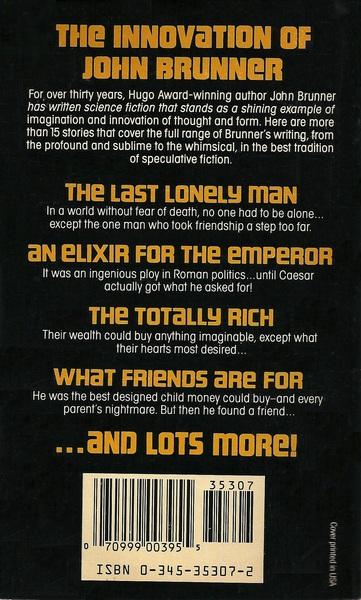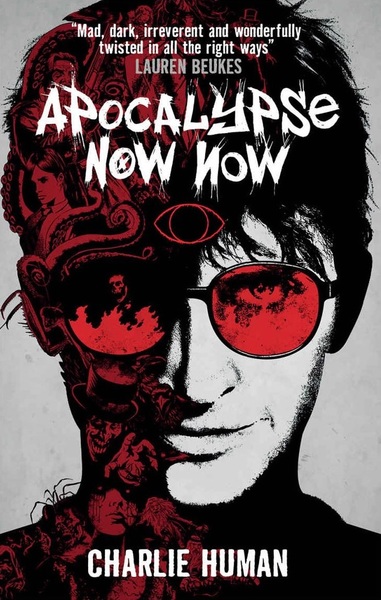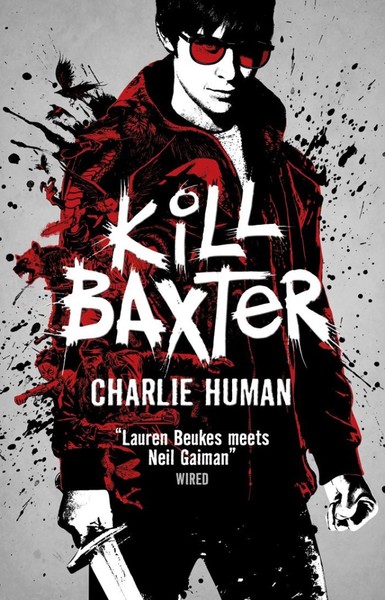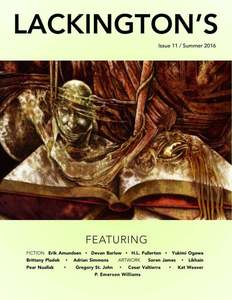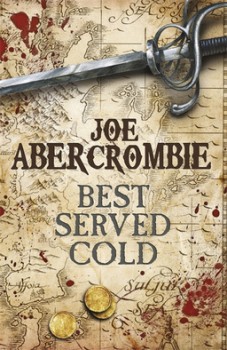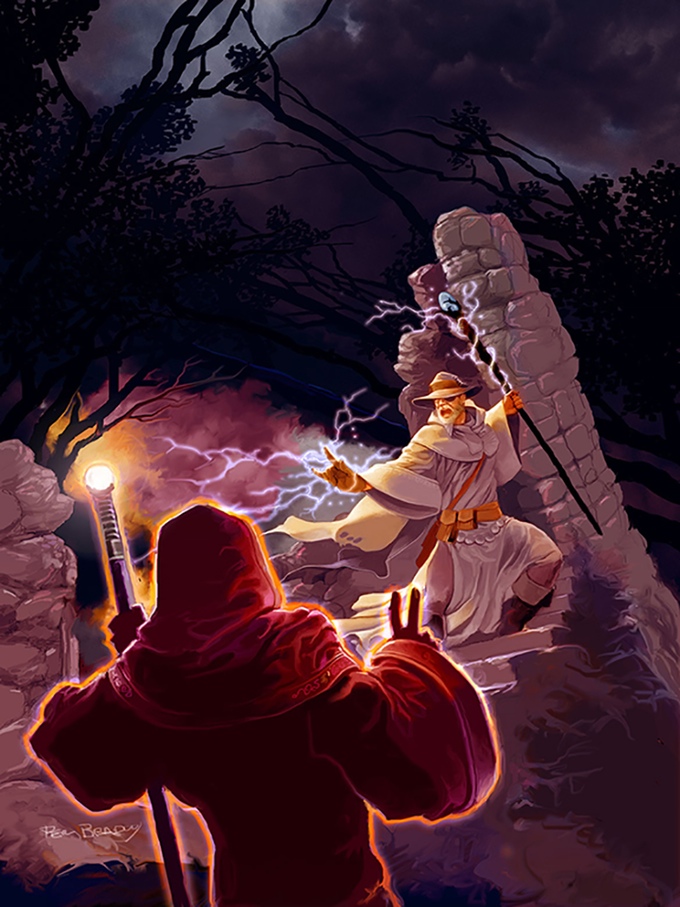Check Out the Recent Fiction at Tor.com
 |
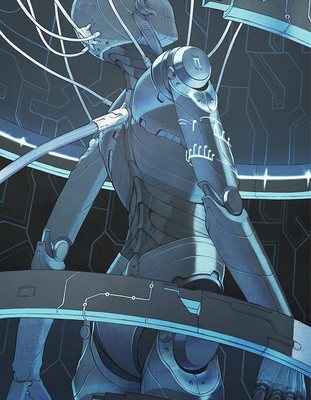 |
 |
One of the (many) reasons I enjoy Tor.com is the enormously diverse range of fiction, compliments of Tor’s large cast of contributing editors. The sixteen stories posted there in the last three months were selected by Patrick Nielsen Hayden, Justin Landon, Diana Pho, Liz Gorinsky, Melissa Frain, Susan Chang, and other fine editors. They include YA fantasy, horror, hard SF, urban fantasy, dystopian SF, space opera, dark fantasy, post-apocalyptic SF, and historical fantasy. What’s not to love?
A new story is posted at Tor.com every week. Not sure which ones you’d enjoy most? That’s what Tangent Online is for. Here’s Seraph on Rebecca Campbell’s “The High Lonesome Frontier,” illustrated by Linda Yan (above left).
As I drifted along these memories of the man who wrote the song, and the woman who sang it, and the mother who loved it, and the granddaughter who wasn’t even sure it was real yet loved it anyways… I realized the true beauty of this story, and the legitimacy of its claim to being science fiction. This story is of a 4th, or perhaps 5th-dimensional viewpoint, following the thread of this one song in a direct course from one life to the next, experiencing it all as a single moment in time, yet never in a linear fashion, as if the story itself is the river of which the song forever echoes, where does that water run. Magnificent.
Read Seraph’s review here. And here’s Jason McGregor on Lettie Prell’s hard SF tale “The Three Lives of Sonata James,” illustrated by Kevin Hong (above middle).
